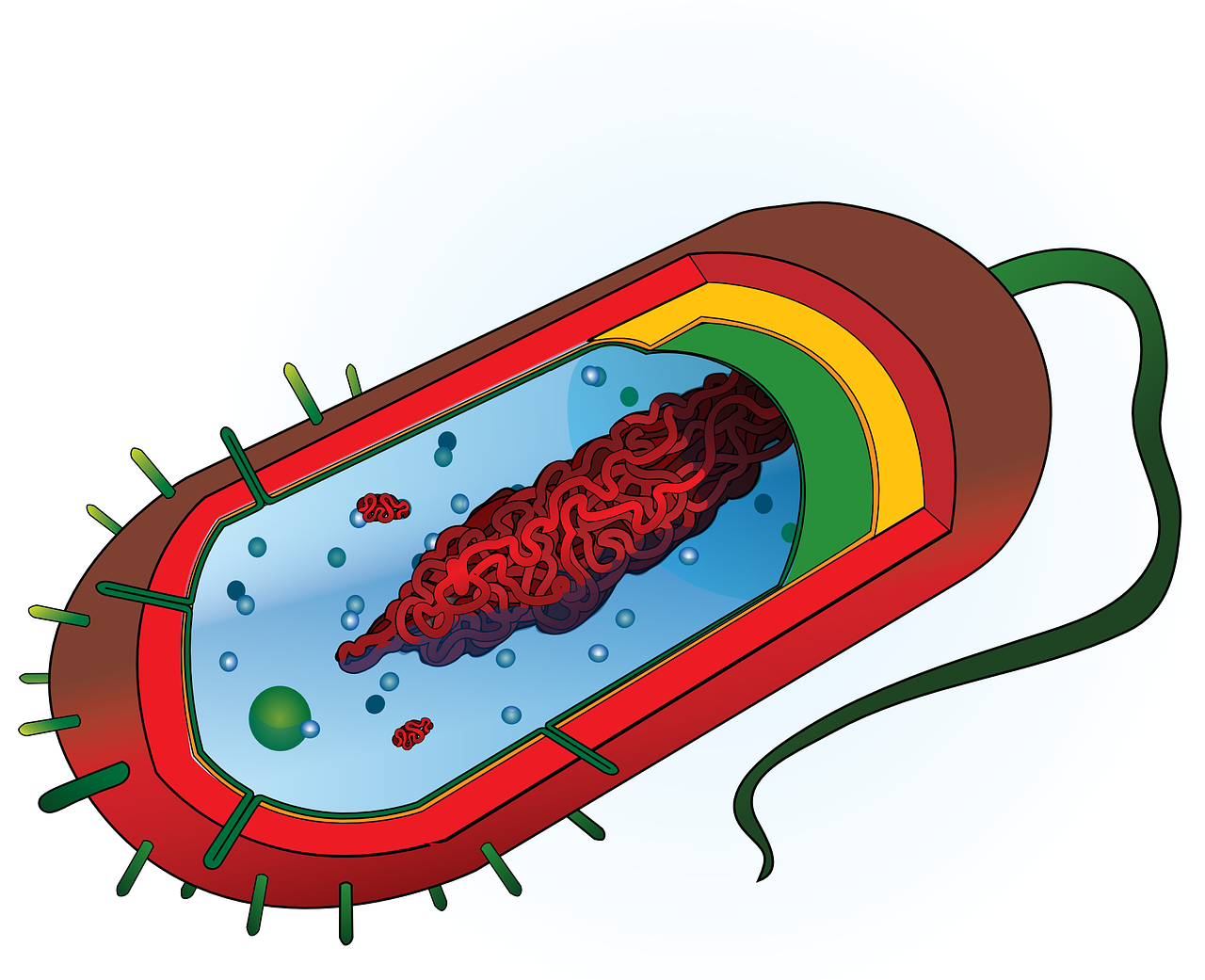
Anti-Cancer : Cyanopower & Cyanoamrut
Spirulina is increasingly recognized as a leading natural anticancer agent, exhibiting multifaceted mechanisms that inhibit tumor development, progression, and metastasis. Its bioactive compounds—most notably phycocyanin, polysaccharides, β-carotene, chlorophyll, and γ-linolenic acid (GLA)—have been shown to induce apoptosis, cell cycle arrest, and inhibit angiogenesis in various cancer cell lines, including oral, liver, colon, and breast cancers (Reddy et al., 2000; Romay et al., 2003). Phycocyanin, a unique biliprotein pigment found in Spirulina, downregulates anti-apoptotic proteins like Bcl-2 and activates caspase pathways, leading to selective tumor cell death without harming normal cells (Ou et al., 2010). Spirulina also reduces DNA damage caused by carcinogens and oxidative stress by enhancing the activity of glutathione peroxidase, superoxide dismutase (SOD), and catalase, key enzymes in cellular detoxification and repair (Chamorro-Cevallos et al., 2008). Moreover, clinical studies have shown regression of oral leukoplakia and precancerous lesions in tobacco users supplemented with Spirulina, highlighting its chemopreventive efficacy in human subjects (Mathew et al., 1995). With its broad-spectrum anticancer mechanisms, high safety profile, and immunomodulatory effects, Spirulina stands as a best-in-class functional food for cancer prevention and adjunctive support in oncology.
Selected References:

Anti-Viral : Cyanopower & Cyanoamrut
Spirulina ranks among the most potent natural antivirals due to its rich array of bioactive compounds that target viral replication, entry, and host immune modulation. The primary antiviral action is attributed to calcium spirulan (Ca-SP), a sulfated polysaccharide that inhibits viral attachment and penetration by interacting with host cell surface receptors and viral envelope proteins (Hayashi et al., 1996). Ca-SP has demonstrated efficacy against a broad spectrum of enveloped viruses, including Herpes simplex virus (HSV), HIV-1, Human cytomegalovirus (HCMV), Influenza A, and Enterovirus 71, without cytotoxicity to host cells (Chen et al., 2016). Additionally, phycocyanin and other antioxidant constituents suppress viral-induced oxidative stress and inflammation, contributing to cellular protection during infection (Romay et al., 2003). Spirulina also enhances innate immune responses, particularly natural killer (NK) cell activation, interferon-γ (IFN-γ) production, and macrophage phagocytosis, which are crucial in controlling early stages of viral infection (Hirahashi et al., 2002). These mechanisms, coupled with its excellent safety profile and systemic immune benefits, position Spirulina as a best-in-class natural antiviral agent, particularly valuable in preventing or managing infections where resistance to synthetic antivirals is rising.
Selected References:

Anti Bacterial : Cyanopower & Cyanoamrut
Spirulina is one of the most effective natural agents with broad-spectrum antibacterial and antifungal activity, owing to its unique composition of antimicrobial peptides, fatty acids, and secondary metabolites. Its key bioactive compounds—such as phycocyanin, phenolic acids, γ-linolenic acid (GLA), and polysaccharides—exert antimicrobial effects by disrupting microbial cell walls, inhibiting protein synthesis, and interfering with quorum sensing and biofilm formation (Ozdemir et al., 2004; Madhyastha et al., 2009). Studies have shown that Spirulina extracts inhibit a wide range of Gram-positive and Gram-negative bacteria, including Staphylococcus aureus, Escherichia coli, Pseudomonas aeruginosa, and Bacillus subtilis, as well as pathogenic fungi like Candida albicans and Aspergillus niger (Abedin & Taha, 2008). The antimicrobial action is further enhanced by Spirulina's alkaline pH, high protein content, and synergistic antioxidant compounds that suppress oxidative stress-mediated microbial survival. Additionally, fatty acid-rich fractions in Spirulina have demonstrated membrane-disruptive actions against fungal cell walls, making it particularly effective in managing dermatophytic infections and oral thrush. With low toxicity, high selectivity, and the potential to mitigate antimicrobial resistance, Spirulina stands out as a best-in-class natural antimicrobial for both preventive and therapeutic applications.
Selected References:
← Back to Benefits